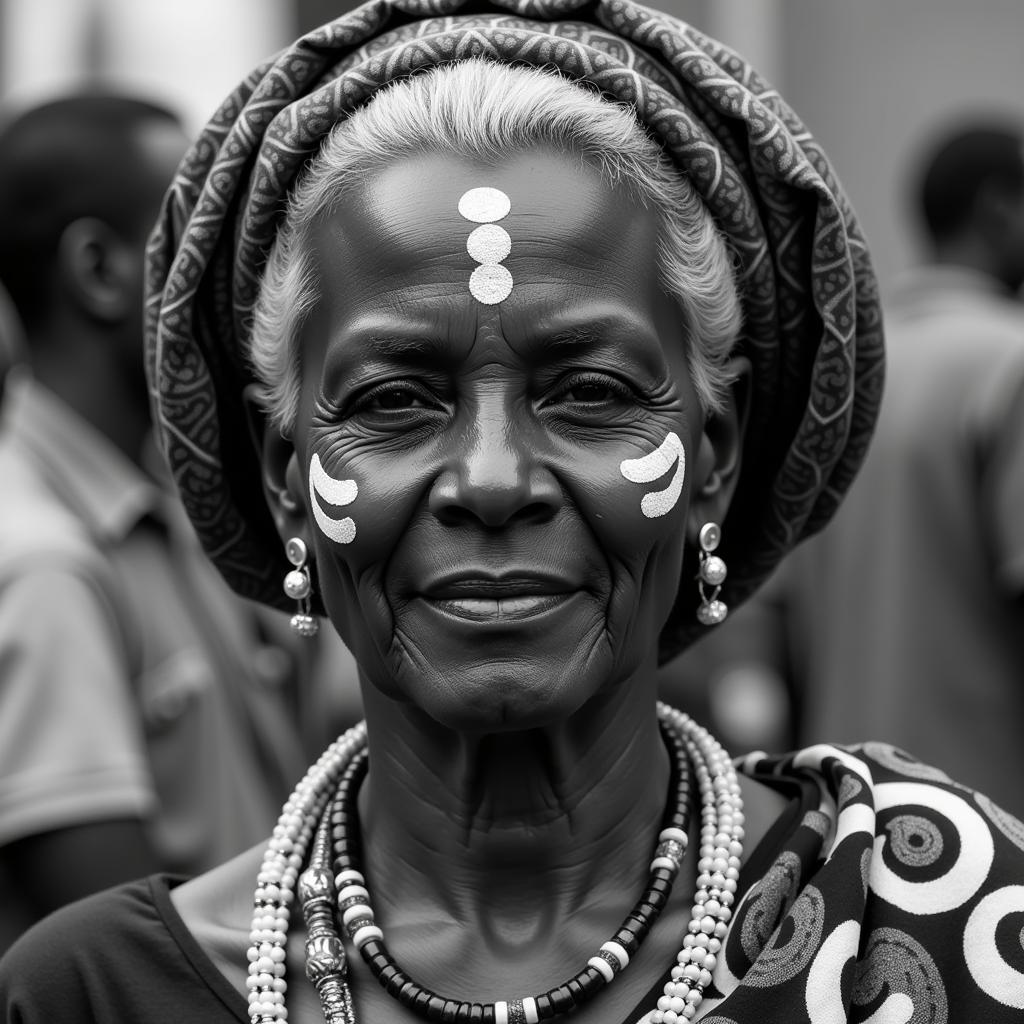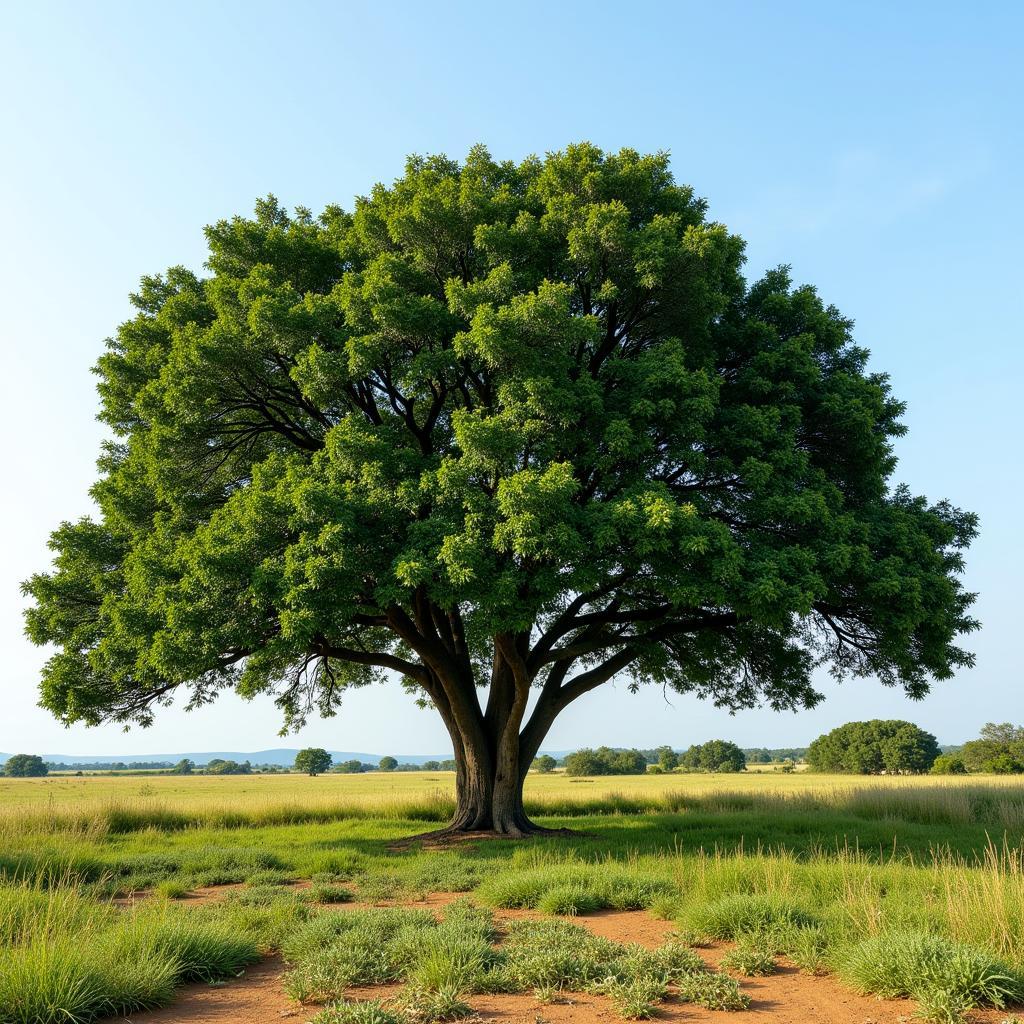Exploring the African Ancestral Altar: A Journey into Tradition and Spirituality
African Ancestral Altars are more than just decorative elements; they are profound expressions of spiritual connection and reverence for those who came before. They represent a tangible link between the living and the departed, a conduit for communication and blessings. These sacred spaces play a vital role in many African cultures, serving as focal points for remembrance, guidance, and continuity. We’ll delve into the significance of these altars, exploring their construction, purpose, and the rich tapestry of traditions woven around them.
Understanding the Purpose of an African Ancestral Altar
African ancestral altars serve as a physical manifestation of the enduring bond between the living and the ancestors. They are not places of worship in the traditional sense, but rather spaces dedicated to honoring and communicating with departed family members who are believed to continue to hold influence over the living. Through the altar, families seek guidance, protection, and blessings from their ancestors. It’s a place where offerings are made, stories are shared, and the wisdom of past generations is preserved. This practice reflects a deep-rooted belief in the interconnectedness of life and the continued presence of ancestors in the realm of the living. Have you ever wondered about the spiritual practices surrounding African bonfires?
These altars aren’t static displays, but dynamic spaces that evolve with the family’s history. As new generations are born and others pass on, the altar becomes a living testament to the family’s lineage and their enduring connection to their heritage. The design and contents of these altars vary widely depending on the specific culture and family traditions, but the core principle remains the same: to maintain a connection with the ancestral spirits. Learn more about the fascinating world of African voodoo.
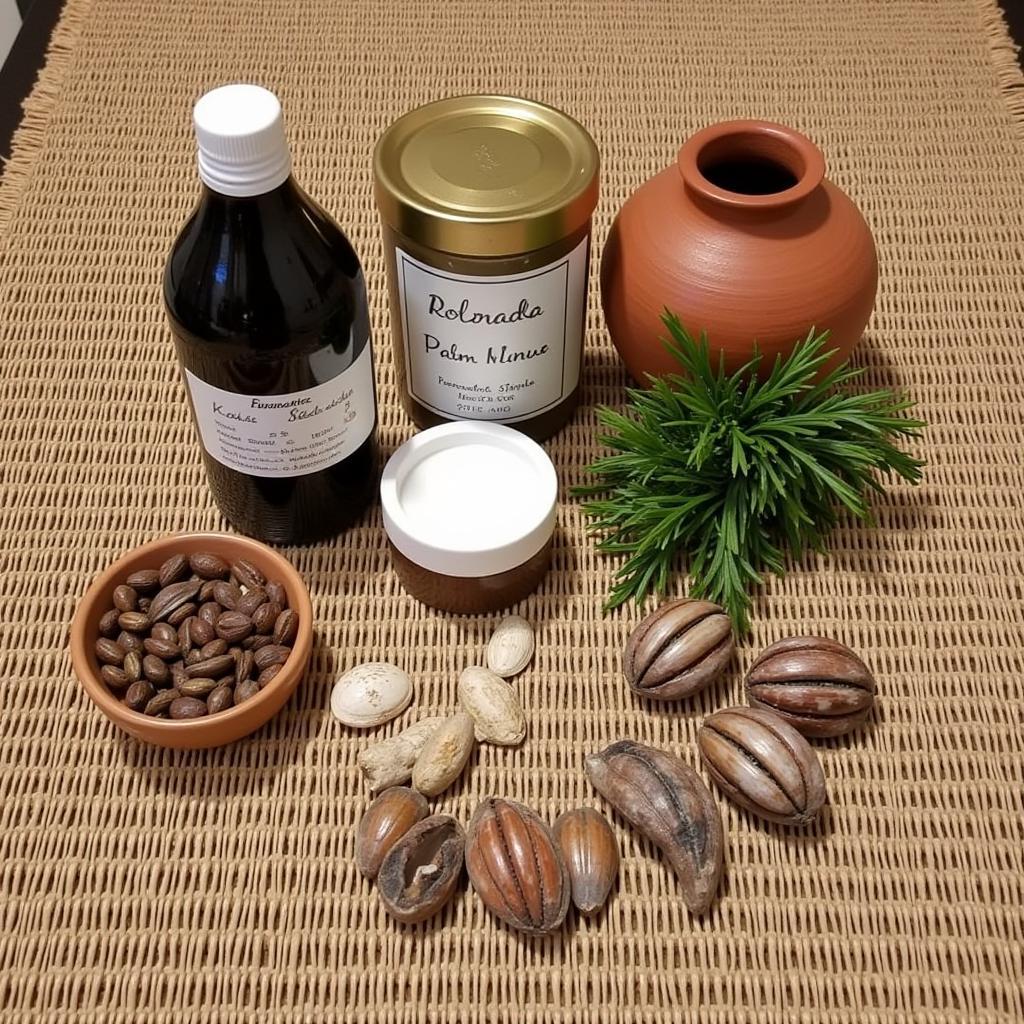 Traditional Materials Used in Constructing an African Ancestral Altar
Traditional Materials Used in Constructing an African Ancestral Altar
Constructing an African Ancestral Altar: Materials and Symbolism
The creation of an African ancestral altar is a deeply personal and meaningful act. While there are common elements, each altar is unique, reflecting the family’s specific traditions and the individual personalities of the ancestors being honored. Common materials include photographs of the deceased, personal belongings, favorite foods and drinks, candles, incense, and symbolic objects. For instance, kola nuts might represent hospitality and respect, while cowrie shells symbolize prosperity. Every item placed on the altar carries a specific meaning, imbued with the memories and spirit of the ancestor it represents.
What are the common materials used in creating an African Ancestral Altar? Common materials include photographs, personal belongings, favorite foods, candles, incense, and symbolic objects such as kola nuts and cowrie shells.
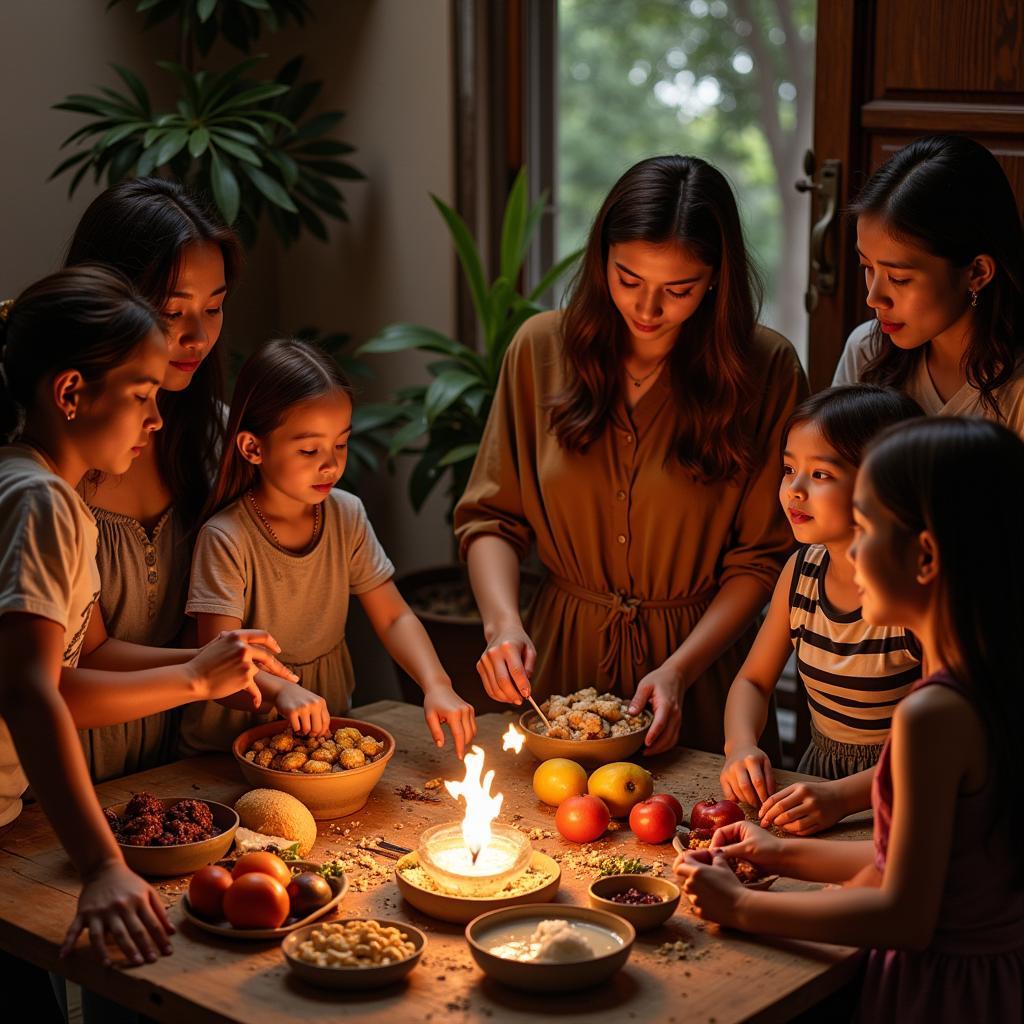 Rituals and Offerings at an African Ancestral Altar
Rituals and Offerings at an African Ancestral Altar
Maintaining the Altar: Rituals and Practices
The maintenance of an African ancestral altar involves regular rituals and practices aimed at honoring and communicating with the ancestors. These may include offering food and drink, lighting candles, burning incense, reciting prayers, sharing stories, and seeking guidance. These acts are not merely symbolic; they are believed to nourish and strengthen the connection between the living and the departed. The frequency and specifics of these rituals vary depending on cultural traditions and family customs.
Looking for inspiring stories and breathtaking photography? Check out African Brides Magazine.
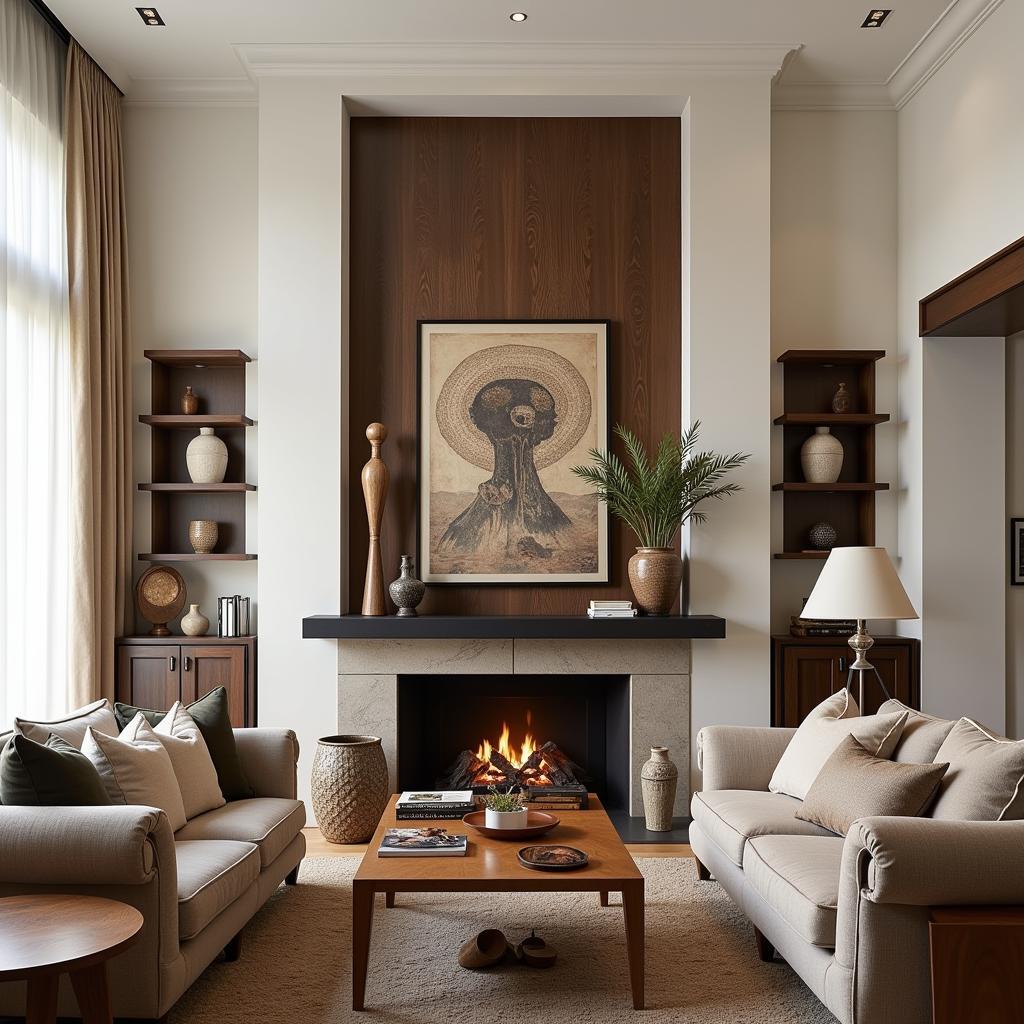 African Ancestral Altars in Contemporary Homes
African Ancestral Altars in Contemporary Homes
African Ancestral Altars in the Modern World
Despite the rapid pace of modernization, the tradition of maintaining ancestral altars remains strong in many African communities. These altars are not relics of the past but living traditions that continue to evolve and adapt to contemporary life. They serve as a powerful reminder of heritage and belonging, providing a sense of continuity and identity in a rapidly changing world. While the physical appearance and specific practices may evolve, the underlying principles of respect, remembrance, and connection remain constant. The African influence on religion in the Caribbean offers another compelling example of how ancestral veneration has adapted and thrived across continents.
Conclusion
African ancestral altars offer a fascinating glimpse into the rich tapestry of African spirituality and tradition. They are more than just physical structures; they are portals to the past, conduits for communication, and anchors for families navigating the complexities of life. These altars represent a powerful affirmation of the interconnectedness of life and the enduring power of ancestral wisdom. By understanding and appreciating the significance of these sacred spaces, we gain a deeper understanding of the values and beliefs that shape African cultures.
FAQ
- What is the purpose of an African ancestral altar? To honor and communicate with deceased family members.
- What are some common materials used in constructing an altar? Photographs, personal belongings, food, candles, and symbolic objects.
- How often are rituals performed at the altar? It varies depending on cultural traditions and family customs.
- Are ancestral altars still relevant in modern times? Yes, they continue to be important in many African communities.
- Do all African cultures have the same traditions regarding ancestral altars? No, the specifics vary from culture to culture.
- How do I start my own ancestral altar? Research your own family history and cultural traditions.
- Where can I learn more about African ancestral altars? Consult cultural centers, museums, and reputable online resources.
Scenarios
- A family gathers around their altar to celebrate the life of a recently deceased relative, sharing stories and offering favorite foods.
- A young person seeks guidance from their ancestors before making an important life decision, offering prayers and reflecting on their family history.
- An elder teaches the younger generation how to maintain the altar and perform the proper rituals, ensuring the continuity of tradition.
Further Exploration
For more insights into African cultures, explore our articles on African bonfires and African voodoo.
Contact Us
For any inquiries or assistance regarding African culture and traditions, please contact us at +255768904061, email us at kaka.mag@gmail.com, or visit us at Mbarali DC Mawindi, Kangaga, Tanzania. Our customer support team is available 24/7.
